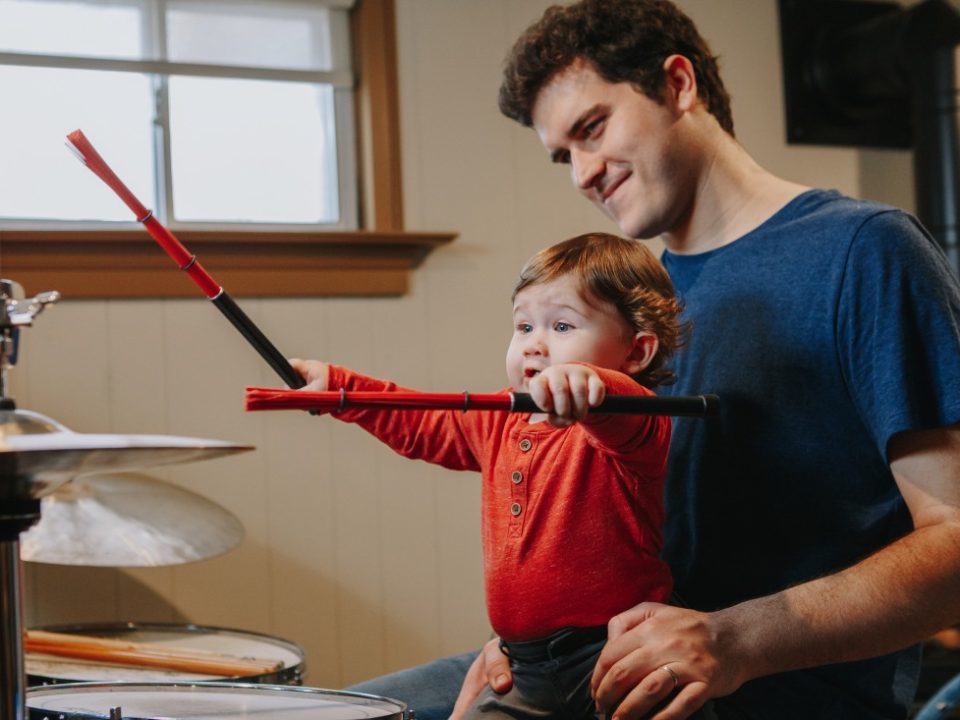Four ways to dive into the property market with a smaller deposit
5 ways to combat current property market conditions
07/03/2019
Are you a spender or a saver?
24/10/2019Three-in-five prospective first home buyers intend to buy soon with a smaller deposit, rather than wait until they have saved a 20% deposit. So how do they plan on doing so?
It usually takes between seven to 14 years for first home buyers to save a 20% first home deposit, according to a new report by Genworth on recent and prospective first home buyers (FHBs).
With that in mind, it’s no wonder that 59% of prospective FHBs are eagerly exploring their options to buy now in the current market, rather than risk waiting until house prices rise.
Indeed, about two-thirds of recent and prospective FHBs are of the opinion that property prices will stabilise or increase over the next 12 months.
So what options are available for prospective FHBs with a deposit of less than 20%?
Option 1: First Home Loan Deposit Scheme
The first option, which doesn’t come into play until 1 January 2020, is the Federal Government’s ‘First Home Loan Deposit Scheme’, which three in four prospective FHBs intend to apply for.
Under the scheme, some FHBs will be able to borrow up to 95% of the value of their property without forking out for Lenders Mortgage Insurance (LMI).
But with the scheme limited to just 10,000 FHB loans each year, and the number of Australians who bought their first home in 2018 totalling 110,000, it’s important to have a Plan B up your sleeve.
Option 2: Paying Lenders Mortgage Insurance
In recent times, one-in-three FHBs have opted to bite the bullet and fork out for LMI in order to secure a home loan with less than a 20% deposit.
LMI usually costs between $3,000 and $13,000, depending on the size of the home loan and how much of your deposit you’ve saved.
It’s an insurance policy you’re generally required to take out if you have a deposit of less than 20% (it reimburses a lender if you fail to make repayments and your home is repossessed and sold for less than its outstanding mortgage debt).
Option 3: Bank of Mum and Dad
The third option, which is being considered by one-in-four prospective FHBs, is to ask the ‘Bank of Mum and Dad’ for assistance.
Of recent FHBs that pursued this strategy, 28% had their family gift them some money, 21% had their family lend them some money, and 16% had their family act as guarantor.
Option 4: Off-the-plan
The fourth option, which is not covered in the Genworth report, is to buy off-the-plan, which often requires a deposit of 10% to be paid to the developer to secure the property.
This means you’ll have more time to save for the remaining 10% before settlement while the property is being built.
That said, buying off the plan isn’t without its risks, so be sure to do your research on every facet of the development that happens to catch your eye (the internet is littered with stories of off-the-plan purchases that have gone awry).
Get in touch
If you’re a prospective FHB and you want to find out more about entering the property market sooner rather than later, please get in touch.
We’d be more than happy to run you through your options if you’re looking to buy a home with a deposit less than 20%.
Disclaimer: The content of this article is general in nature and is presented for informative purposes. It is not intended to constitute financial advice, whether general or personal nor is it intended to imply any recommendation or opinion about a financial product. It does not take into consideration your personal situation and may not be relevant to circumstances. Before taking any action, consider your own particular circumstances and seek professional advice. This content is protected by copyright laws and various other intellectual property laws. It is not to be modified, reproduced or republished without prior written consent.



